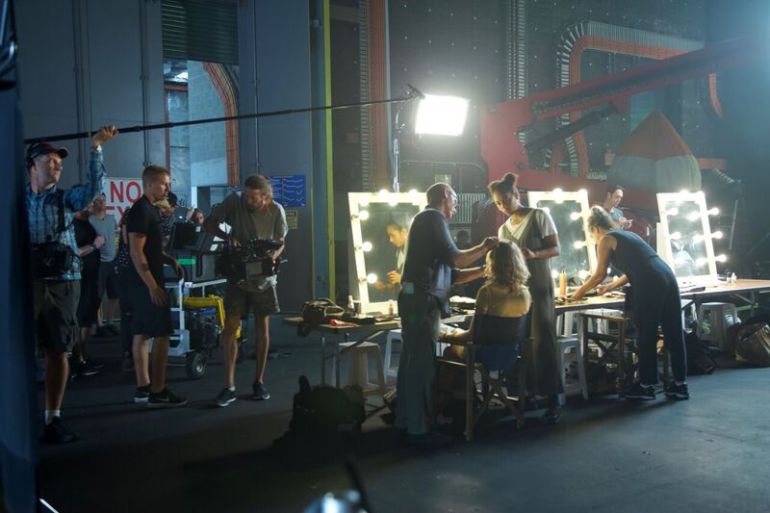‘Say No to Piracy.’
The court-ordered blocking of 59 illegal sites has significantly reduced the level of online film and TV piracy in Australia, according to a new study.
Traffic to blocked sites has been reduced by 53 per cent while the overall level of piracy has fallen by 25 per cent year-on-year.
Creative Content Australia (CCA) chairman Graham Burke welcomes the findings but he urged Google and other search engines to join the fight by taking down infringing sites.
“The reduction in piracy is exciting news but that 53 per cent could be 90 per cent,” Burke said. “The government has shut the front door but Google is leading people to the back door, showing no respect for Australian law or courts, let alone any regard for the Australian economy and cultural way of life.”
“Meanwhile the criminals running pirate sites are earning giant commissions scamming Australian citizens.”
CCA released Incopro’s Australian Site-Blocking Efficacy Report today, tying in with the launch on Thursday of its latest consumer campaign ‘Say No to Piracy,’ which celebrates creativity and innovation in the screen industries as well as underlining the vast array of behind-the-scenes professionals involved in making content.
The 30-second spots, which include clips from Lion, Top of the Lake, Hacksaw Ridge, Red Dog and Paper Planes, will screen in cinemas, on Foxtel and the free-to-air broadcasters and online.
They were written and created by Goodoil Films’ Curtis Hill, who graduated from the VCA in 2013. “Film school opened my eyes to how many skilled people it takes to make screen content,” he tells IF.
“I want to direct features and TV but piracy is reducing the amount of projects being made. It’s tough for young filmmakers to get their first break and for established filmmakers to get their projects made.”
Hill, 25, spent two months working on the scripts for the spots and in pre-production, filmed them in one day and then spent two or three weeks on post production.
He has directed several short films, TVCs and music videos. For the past two years he has been developing two features: an adventure with intercutting stories about two boys who go looking for gold and what happens to them as adults; and a buddy road movie.
The campaign builds on CCA research that showed 74 per cent of Australians believe piracy is stealing or theft.
The Incopro report showed site-blocking resulted in a 53.4 per cent reduction in visits to the blocked sites last November, compared with before the regime began in December 2016. Moreover, usage of the top 250 unauthorised sites in Australia decreased by 25.4 per cent in that period.
CCA executive director Lori Flekser said the research clearly shows the assertions made by vocal opponents of site-blocking – who claimed it was ineffectual – were unfounded and wrong.
“The reduction in piracy that this research confirms offers proof to all the naysayers who decried site-blocking that not only is it working well, but it hasn’t broken the internet,” she said.
See the research here.
Timelapse – Say No to Piracy from Creative Content Australia on Vimeo.



